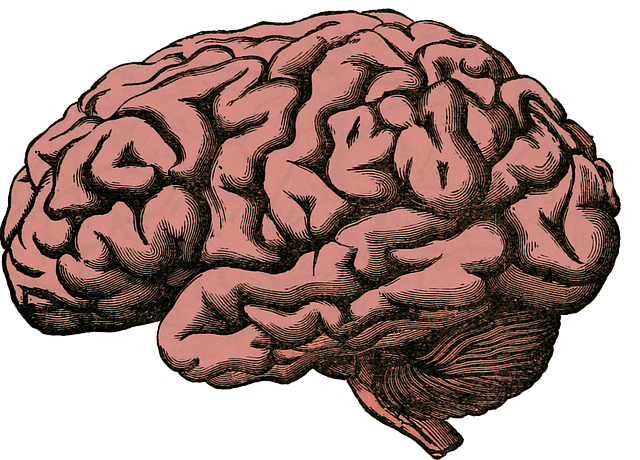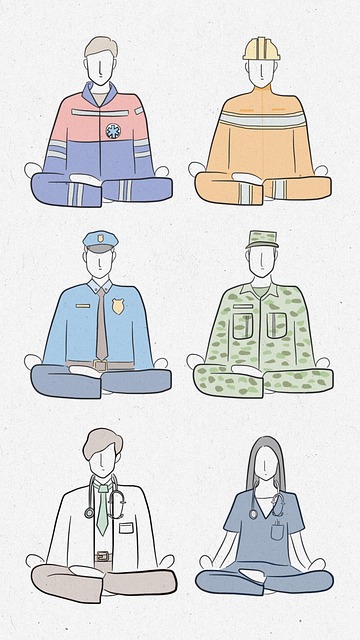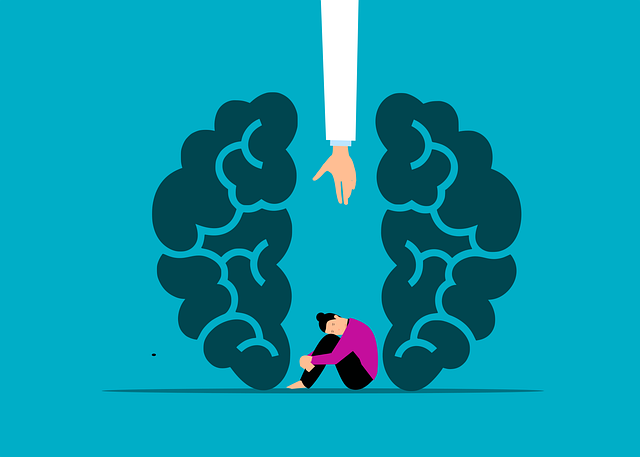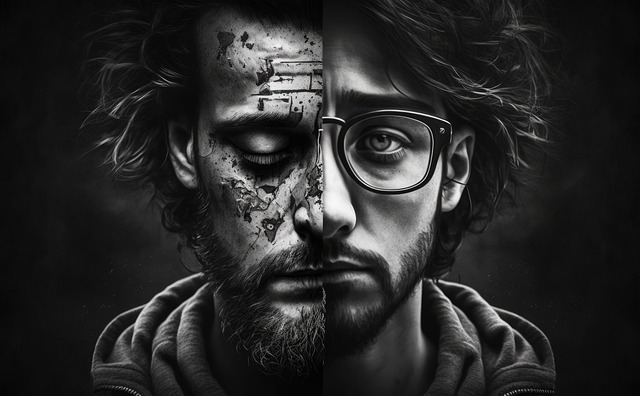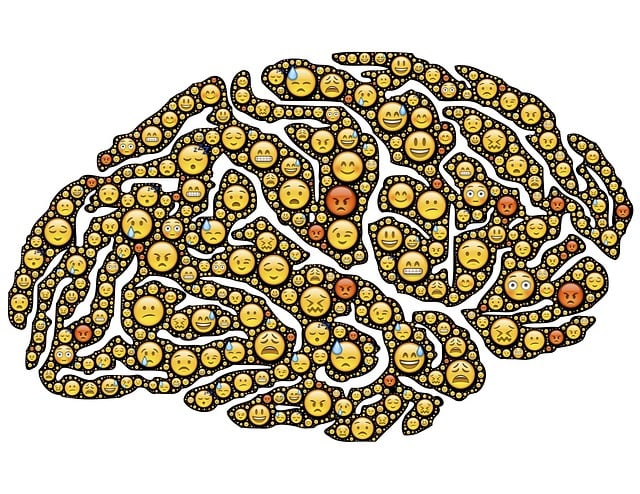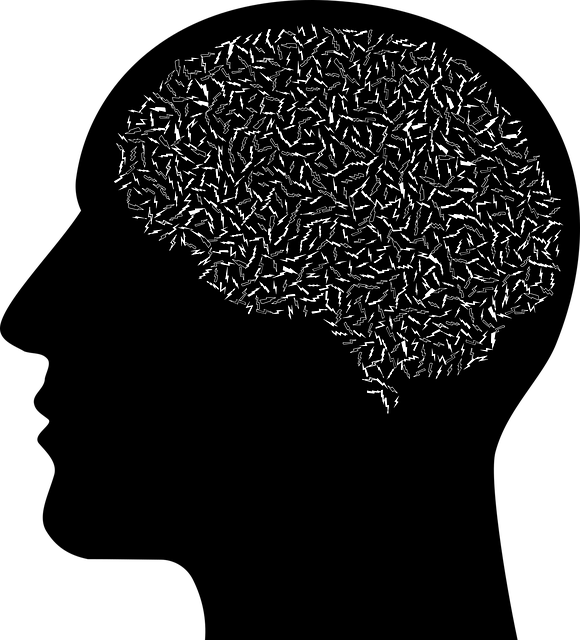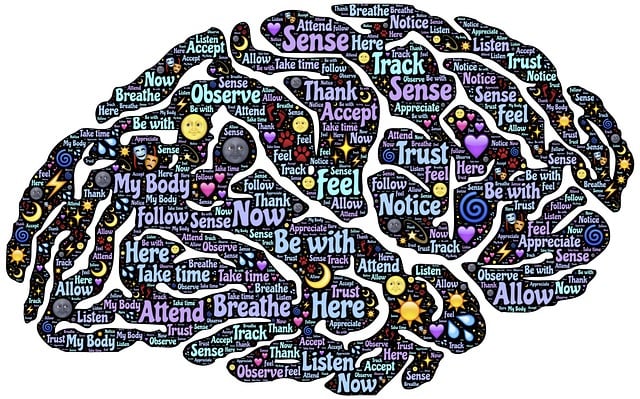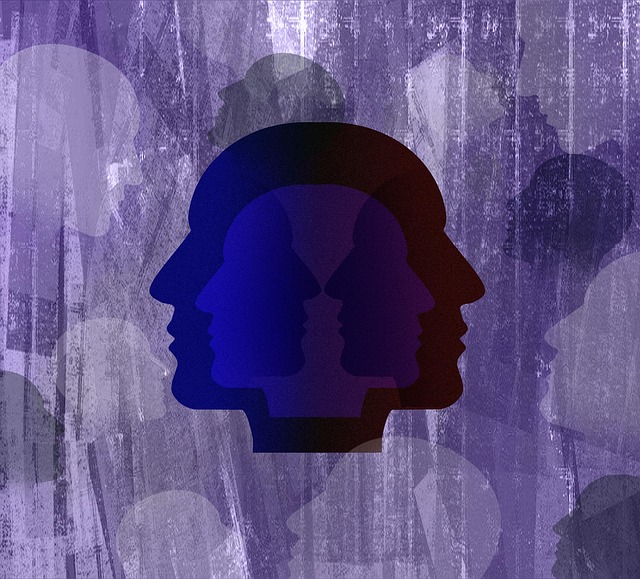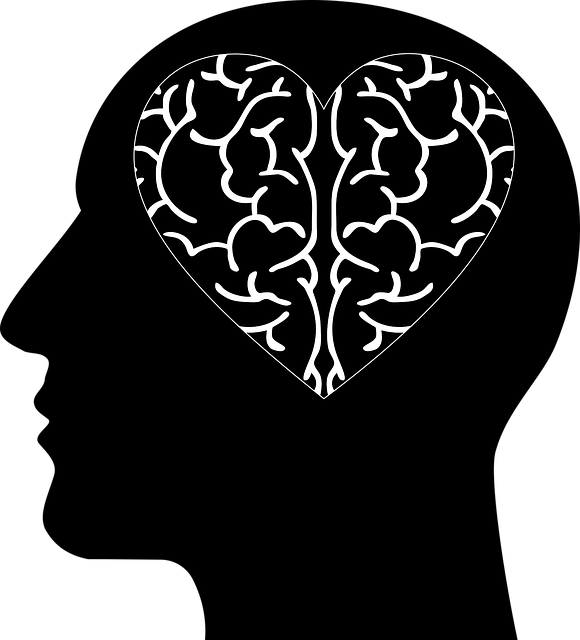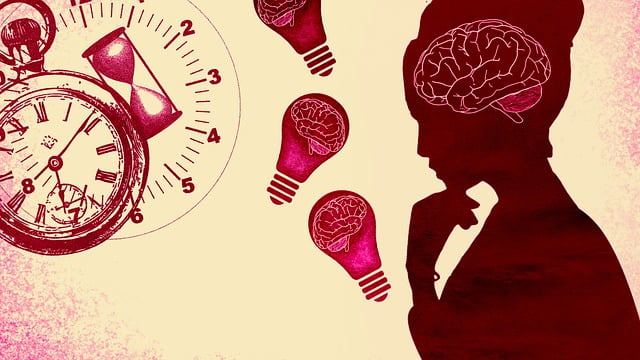The media's misrepresentation of mental illness has long stigmatized those dealing with depression, anxiety, and addiction. However, a growing movement towards accurate and empathetic portrayals in popular culture is challenging these negative norms. Organizations like Denver Alcohol Abuse Therapy (DAAT) are at the forefront of this change, advocating for open conversations about mental health through holistic treatment methods and stigma reduction efforts. By involving individuals with lived experiences and promoting self-care, DAAT and similar initiatives aim to foster a more compassionate society where those struggling with mental health concerns receive support rather than judgment.
In today’s media landscape, the representation of mental illness plays a pivotal role in shaping public perception. This article delves into the profound impact of media portrayals on societal views of mental health, highlighting both negative consequences and the potential for positive change. We explore strategies for more accurate and empathetic depiction in popular culture, using Denver Alcohol Abuse Therapy as a case study—a program challenging stereotypes and fostering awareness through innovative approaches.
- Understanding the Impact of Media Portrayal on Mental Health Perception
- Strategies for Accurate and Empathic Representation in Popular Culture
- Denver Alcohol Abuse Therapy: A Case Study in Challenging Stereotypes and Promoting Awareness
Understanding the Impact of Media Portrayal on Mental Health Perception

The media’s portrayal of mental illness can significantly shape public perception and understanding of various psychological conditions. For years, stereotypical and inaccurate representations in movies, TV shows, and news articles have contributed to the stigmatization of mental health struggles. These depictions often perpetuate harmful myths, such as portraying individuals with depression or anxiety as weak or dramatic, or showing severe mental illnesses as rare and terrifying. Such misinformation can lead to a lack of empathy and increased isolation for those facing these challenges.
However, recognizing these issues is the first step towards positive change. Denver Alcohol Abuse Therapy centers, alongside Mental Health Awareness initiatives, play a vital role in countering negative media portrayals. They work tirelessly to educate both professionals and the general public, emphasizing the importance of accurate representation. Through advocacy and stigma reduction efforts, these institutions foster a more compassionate society where individuals with mental health concerns are supported rather than judged. Encouraging open conversations and promoting Self-Care Routine Development for Better Mental Health is crucial in challenging societal norms and creating a healthier, more understanding environment.
Strategies for Accurate and Empathic Representation in Popular Culture

In recent years, there’s been a growing awareness and push for more accurate and empathetic mental illness representation in popular culture, especially through media platforms like film, television, and literature. This shift is crucial as media has a significant influence on societal perceptions and understanding of various issues, including mental health. When portrayed well, stories that include characters grappling with depression, anxiety, or substance abuse disorders can help reduce the stigma surrounding these conditions and encourage viewers to seek Denver Alcohol Abuse Therapy or similar support for themselves or loved ones.
One effective strategy is to involve individuals with lived experiences as consultants during production. Their insights ensure that the portrayal is authentic and avoids stereotypes often seen in the media. Additionally, self-awareness exercises and confidence-boosting activities can help characters navigate their struggles in a way that promotes understanding rather than sensationalism. Stress Management Workshops Organization, known for its initiatives in mental health advocacy, has played a vital role in encouraging these creative teams to adopt more nuanced approaches, thereby positively influencing popular culture’s representation of mental illness.
Denver Alcohol Abuse Therapy: A Case Study in Challenging Stereotypes and Promoting Awareness

Denver Alcohol Abuse Therapy (DAAT) stands as a beacon of hope in challenging stereotypes and promoting mental health awareness, particularly regarding alcohol abuse. This innovative program has taken a holistic approach to treatment, offering not just therapy but also stress reduction methods tailored to individual needs. By integrating diverse techniques and addressing the underlying causes of addiction, DAAT is revolutionizing how society perceives and treats mental illness, especially in urban settings like Denver.
The case study of DAAT highlights the power of advocacy and policy analysis in reshaping public discourse around mental health. Through its comprehensive approach, the therapy center encourages open conversations about alcohol abuse, breaking down societal barriers and stigma. This proactive strategy not only enhances mental health awareness but also fosters a supportive environment where individuals can seek help without fear of judgment.
Media representation plays a pivotal role in shaping public perception about mental health. By implementing strategies that promote accurate and empathetic portrayals, such as the innovative approaches seen in Denver Alcohol Abuse Therapy, we can challenge stereotypes and foster a more understanding society. This holistic approach, coupled with open dialogue, is crucial in fighting stigma and ensuring those struggling receive the support they need. Through conscious media consumption and creative storytelling, we can all contribute to a more inclusive and compassionate mental health narrative.

